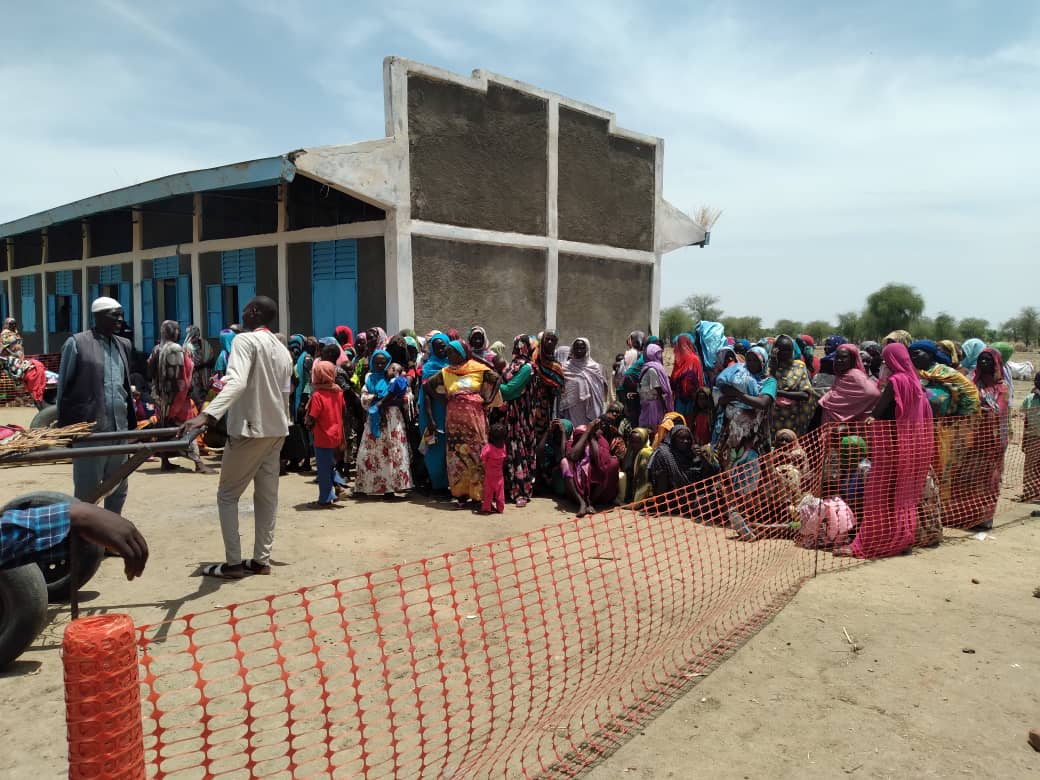
Sudanese refugees in Chad face health and hunger crisis
Moatinoon
The humanitarian crisis at the Chadian border town of Adré, has left Sudanese refugees grappling with widespread illness and malnutrition. Cases of diarrhoea and malnourishment, particularly among children who escaped the war-torn areas of Darfur, have been reported by an initiative led by Sudanese refugee doctors.
Dr Mawaheb Younis, a specialist in obstetrics and gynaecology and a key member of the initiative, has highlighted a number of contributing factors to the health crisis, which include the lack of food, deteriorating environmental conditions, and inadequate access to proper sanitation facilities.
To address the scarcity of healthcare facilities, 22 field clinics have been established in four new refugee reception camps in Adré. Some of these clinics operate under Doctors Without Borders (MSF), while others are run by local charities and Sudanese refugee doctors. The need for these clinics arose due to Adré Hospital’s inability to effectively accommodate all cases, as Dr Younis explained.
Although the field clinics primarily focus on treating injuries and fractures, they face challenges in meeting the needs of patients with chronic illnesses. Despite the ongoing efforts, Sudanese refugees continue to arrive in Adré from the states of South and North Darfur, with the clinics having already performed about 20 operations to treat people with gunshot-related fractures in recent weeks. Some critical cases have been transferred to hospitals in Abéché and N’Djamena.
Beyond the pressing physical health challenges, the refugees also grapple with profound psychological impacts resulting from experiences like rape, physical assault, and other violations. Despite surveys conducted to assess their needs, the tangible psychological support for the refugees remains insufficient.

